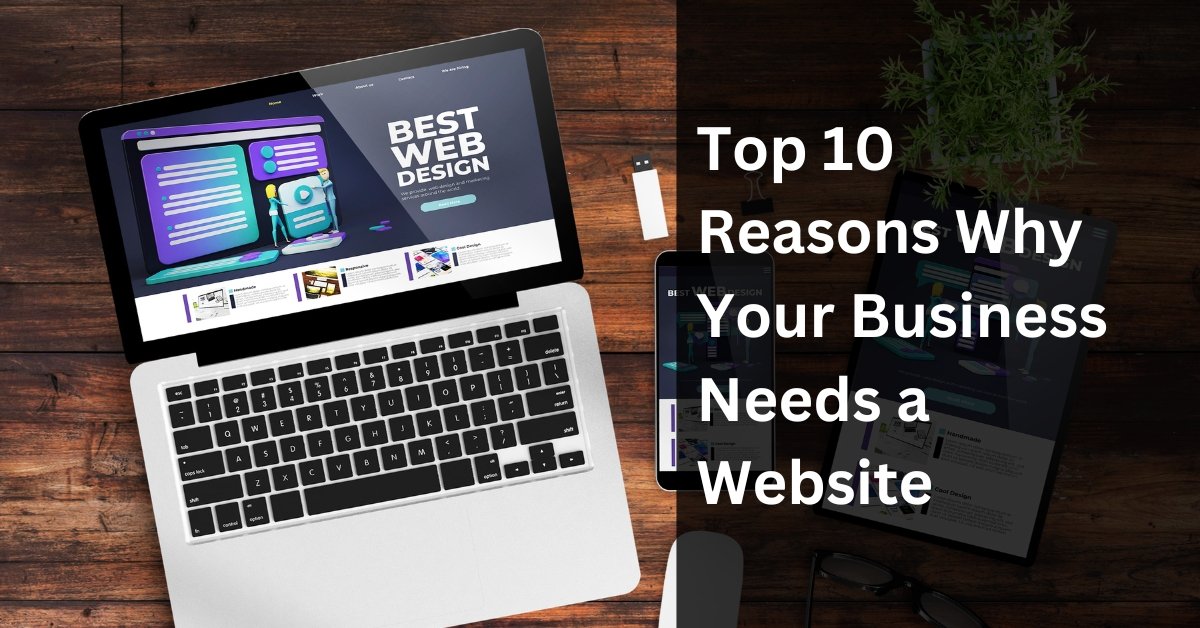Integrated Facilities Management (IFM) is a comprehensive approach to managing and maintaining a diverse range of facilities and services within an organization. Unlike traditional facility management, which often involves handling individual aspects separately, IFM focuses on centralizing and integrating all facility-related functions under one cohesive strategy. This includes services such as maintenance, security, cleaning, catering, space management, and more. The primary goal of IFM is to create a harmonized and efficient ecosystem that optimizes the performance of physical assets while enhancing the overall workplace experience for occupants and visitors.
As we delve further into this article, we will explore the integration of IoT and AI in IFM, how smart building solutions are revolutionizing facilities management practices, the power of data analytics in improving decision-making, the potential of augmented reality and virtual reality in enhancing on-site maintenance, and the importance of cybersecurity in safeguarding data and facility operations.
Understanding the Transformative Impact of Technology on Integrated Facilities Management
1. Integration Of IoT And AI
The Integration of the Internet of Things (IoT) and Artificial Intelligence (AI) in Integrated Facilities Management (IFM) represents a powerful synergy that has revolutionized the way facilities are managed and maintained. IoT refers to a network of interconnected devices and sensors that collect and exchange data through the internet. These devices can range from smart thermostats and lighting systems to occupancy sensors and security cameras, all of which are embedded within a building’s infrastructure.
IoT sensors and devices have become an integral part of modern buildings, transforming them into smart structures that continuously gather and transmit valuable data. These sensors are strategically placed throughout the facility to monitor various parameters, such as temperature, humidity, occupancy levels, energy consumption, and equipment performance.
Once the data is collected through IoT devices, AI algorithms come into play. AI can analyze vast amounts of data quickly and accurately, identifying trends, anomalies, and potential areas for improvement. For instance, AI-powered predictive maintenance can forecast when equipment is likely to fail, enabling facility managers to schedule maintenance proactively, thereby reducing costly downtime. AI can also be used to optimize space utilization by analyzing occupancy patterns and suggesting layouts that maximize efficiency.
2. Smart Building Solutions
Smart building solutions represent a significant advancement in the field of Integrated Facilities Management (IFM). These solutions leverage cutting-edge technologies, such as the Internet of Things (IoT), Artificial Intelligence (AI), and data analytics, to create buildings that are intelligent, responsive, and energy-efficient. Smart building technology seamlessly integrates various building systems, including HVAC, lighting, security, and occupancy monitoring, into a unified platform, enabling facility managers to have real-time visibility and control over their facilities.
Building automation systems are a core component of smart building solutions, automating and controlling various building functions. These systems can dynamically adjust heating, cooling, and lighting based on occupancy patterns and external conditions, optimizing energy usage and reducing utility costs.
Predictive maintenance is a key aspect of smart building solutions, allowing facility managers to move from reactive to proactive maintenance practices. IoT-enabled sensors are deployed throughout the building to monitor the performance of critical equipment and systems. These sensors collect real-time data on equipment health, and AI algorithms analyze this data to predict potential failures or maintenance needs.
3. Facility Management Software And Data Analytics
In recent years, there has been a significant rise in the adoption of advanced facility management software. These software solutions offer comprehensive platforms that integrate various aspects of facility management into a centralized system. They facilitate streamlined workflows, real-time monitoring, and data-driven decision-making.
One of the key advantages of facility management software is the ability to centralize data management. All relevant information, including maintenance records, equipment performance, occupancy data, and energy usage, is stored and updated in real-time within the software platform.
Data analytics is a powerful component of modern facility management software. By leveraging data from various sources, including IoT sensors, occupancy tracking, and user feedback, facility managers can gain a comprehensive understanding of space utilization patterns. Data analytics allows for the identification of underutilized spaces, potential bottlenecks, and opportunities for optimization.
4. Augmented Reality (AR) And Virtual Reality (VR)
Augmented Reality (AR) and Virtual Reality (VR) are revolutionizing the way facility management teams handle training and on-site maintenance tasks. AR and VR technologies offer immersive and interactive experiences that enable facility personnel to visualize complex procedures and equipment in a simulated environment. Training programs can be enhanced with interactive VR simulations, allowing staff to practice maintenance tasks, emergency procedures, and safety protocols in a risk-free virtual setting.
AR and VR technologies offer facility managers and inspectors new ways to conduct thorough and efficient facility inspections and audits. With AR visualization, inspectors can superimpose digital data onto physical structures, enabling them to identify potential issues or anomalies more accurately.
5. Cloud Computing
Cloud computing has revolutionized Integrated Facilities Management (IFM) by offering a host of benefits that enhance operational efficiency and flexibility. Cloud-based solutions provide facility managers with access to a wide array of software applications and services without the need for on-premises infrastructure. This eliminates the burden of managing physical servers and reduces upfront costs.
Cloud-based IFM solutions offer secure data storage with built-in redundancy and disaster recovery capabilities. Data is stored in data centers equipped with robust security measures, including encryption and authentication protocols, safeguarding sensitive facility-related information from potential threats. Cloud platforms also enable access to data and applications from anywhere with an internet connection, allowing facility managers to collaborate seamlessly with their teams, even when working remotely or on-the-go.
Cloud-based platforms provide facility managers with centralized vendor and asset management capabilities. All vendor contracts, service agreements, and maintenance schedules can be stored and managed within the cloud, eliminating the need for manual paperwork and ensuring data accuracy. With cloud-based asset management, facility managers can track the lifecycle of equipment, schedule preventive maintenance, and monitor asset performance in real-time.
6. Cybersecurity
As Integrated Facilities Management (IFM) increasingly embraces smart buildings and connected systems, the concern over cybersecurity threats has grown significantly. Smart buildings leverage IoT devices and interconnected systems to enhance efficiency and automation, but this interconnectedness also introduces potential vulnerabilities. Cybercriminals may target smart buildings to gain unauthorized access, disrupt operations, or compromise sensitive data.
To counter the increasing cybersecurity threats, facility managers must implement robust cybersecurity measures to safeguard data and facility operations. This includes adopting industry-leading security standards, encryption protocols, and secure access controls for all networked devices and systems. Regular security audits and vulnerability assessments should be conducted to identify potential weaknesses and address them promptly.
Collaboration between IT and facility management teams is essential for the implementation of secure IFM practices. IT teams bring expertise in cybersecurity and network infrastructure, while facility managers possess domain knowledge of building systems and operations. Working together, they can conduct risk assessments, define security policies, and establish incident response protocols.
The Future of Technology in Integrated Facilities Management
The future of Integrated Facilities Management (IFM) holds exciting possibilities with the emergence of cutting-edge technologies. The continued development of the Internet of Things (IoT) will result in an even more interconnected ecosystem of smart devices, enabling seamless data exchange and further enhancing real-time monitoring and control of building systems.
As big data continues to grow, facility managers will increasingly harness the power of data analytics and AI to drive predictive and prescriptive facility management practices. With vast amounts of data being generated from IoT devices, AI algorithms will analyze and derive valuable insights, predicting equipment failures, identifying inefficiencies, and optimizing energy consumption. Facility managers will proactively schedule maintenance based on predictive analytics, minimizing downtime and maximizing equipment lifespan.
Over the next decade, technology-driven advancements in IFM will lead to increasingly sophisticated and intelligent facilities. Smart buildings will evolve to become fully autonomous, capable of self-diagnosing and self-healing through AI-driven systems. Augmented reality and virtual reality will be more deeply integrated into facility management processes, enabling remote inspections, virtual meetings, and immersive training experiences.
Conclusion
Technology has played a transformative role in the realm of Integrated Facilities Management (IFM). From the integration of IoT and AI for smarter and more efficient operations to the adoption of cloud computing for enhanced data management, technology has revolutionized how facilities are managed and maintained. Augmented reality and virtual reality have revolutionized training and maintenance practices, while data analytics and predictive algorithms have empowered facility managers to make informed decisions and optimize resource allocation. Cybersecurity measures have become critical in safeguarding IFM technology against potential threats.
Technology’s transformative impact on IFM is ongoing and promising. By embracing technological advancements and staying updated with emerging trends, integrated facility management partners can harness the full potential of technology to elevate their facilities to new levels of performance and create future-ready workplaces. As technology continues to revolutionize IFM, businesses stand to gain a multitude of benefits, positioning themselves as leaders in the dynamic and evolving landscape of facility management.



